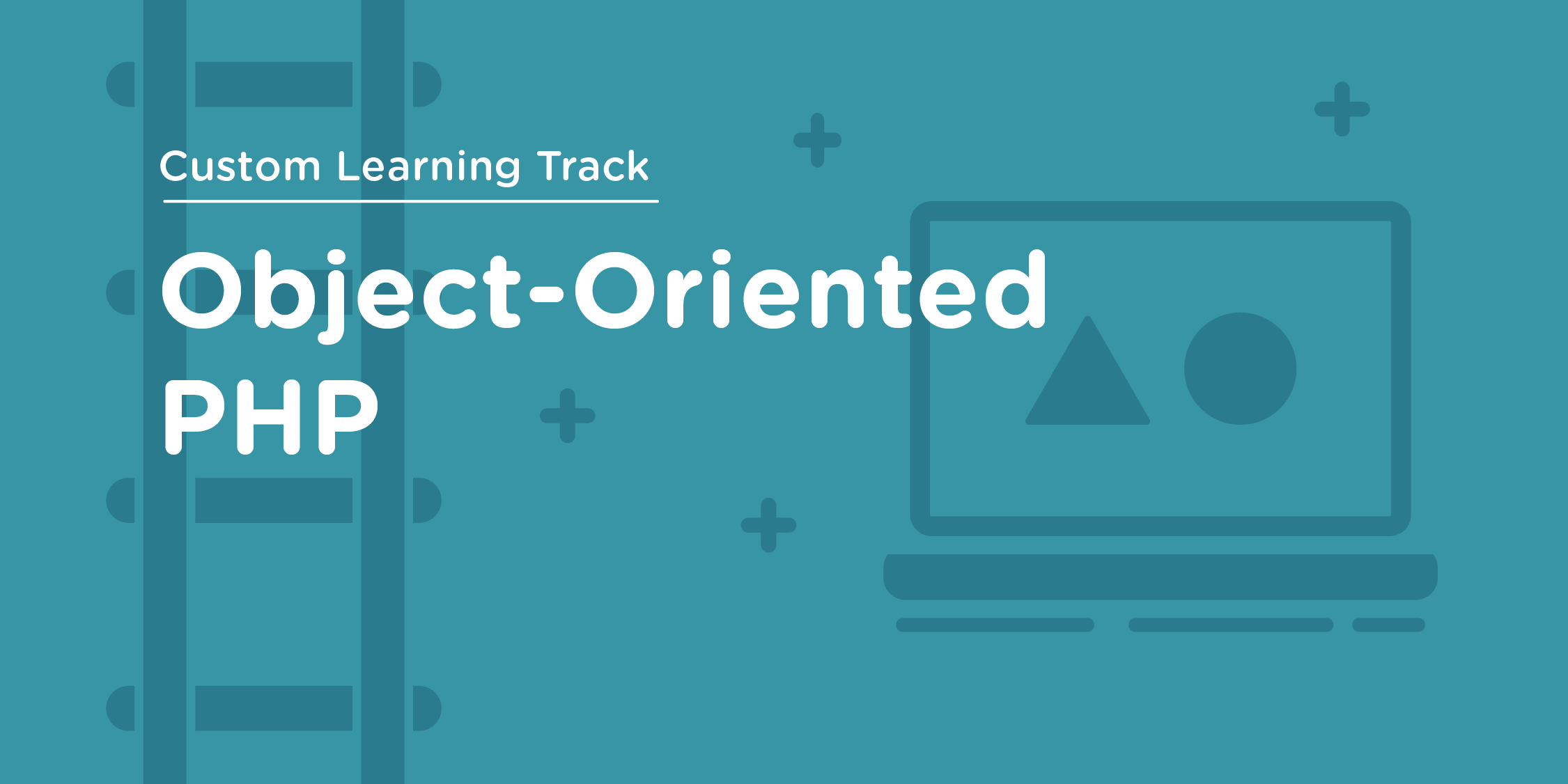Course Help Document
Welcome to the “Learn Object-Oriented Programming with PHP” course! This document provides you with all the necessary information, resources, and guidelines to successfully navigate and complete the course.
Table of Contents
- Course Overview
- Course Objectives
- Course Outline
- Course Materials
- Assessments and Certification
- Prerequisites
- Course Policies
- Additional Resources
- Contact Information
1. Course Overview
“Learn Object-Oriented Programming with PHP” is an advanced course designed to introduce students to object-oriented programming (OOP) principles and practices using PHP. This course covers fundamental and advanced OOP concepts, empowering students to build scalable and maintainable PHP applications.
2. Course Objectives
By the end of this course, you will:
- Understand core OOP concepts.
- Implement OOP principles in PHP.
- Design and develop PHP applications using classes, objects, and interfaces.
- Apply advanced OOP techniques such as inheritance, polymorphism, and encapsulation.
- Utilize design patterns to solve common software development problems.
- Develop real-world applications using OOP best practices.
3. Course Outline
Module 1: Introduction to Object-Oriented Programming
- What is OOP?
- Benefits of OOP
- Procedural vs. Object-Oriented Programming
- PHP OOP Capabilities
Module 2: Classes and Objects
- Defining Classes and Objects
- Properties and Methods
- Constructors and Destructors
- Creating and Using Objects
- The
$thisKeyword
Module 3: Inheritance and Polymorphism
- Understanding Inheritance
- Overriding Methods
- The
parentKeyword - Abstract Classes and Methods
- Interfaces
- Polymorphism
Module 4: Encapsulation and Access Control
- Encapsulation
- Visibility: Public, Private, Protected
- Getters and Setters
- Data Hiding
- Magic Methods
Module 5: Working with Objects
- Object Cloning
- Comparing Objects
- Type Hinting
- Namespaces and Autoloading
- Exception Handling
Module 6: Design Patterns
- Introduction to Design Patterns
- Singleton Pattern
- Factory Pattern
- Observer Pattern
- Strategy Pattern
- MVC Architecture
Module 7: Advanced OOP Concepts
- Static Properties and Methods
- Late Static Bindings
- Traits
- Dependency Injection
- Reflection in PHP
Module 8: Real-World Application Development
- Planning an OOP Application
- Implementing Core Features
- Database Integration with PDO
- Building an MVC Framework
- Testing and Debugging
Module 9: Best Practices and Code Optimization
- Clean Code Practices
- SOLID Principles
- Code Refactoring
- Performance Optimization
- Version Control with Git
Module 10: Final Project
- Developing a Complete PHP Application
- Applying Design Patterns and Best Practices
- Testing and Validating
- Project Documentation
- Presenting the Project
4. Course Materials
Recommended Textbooks:
- “PHP Objects, Patterns, and Practice” by M. Zandstra
- “Object-Oriented PHP: Concepts, Techniques, and Code” by P. Coates
Online Resources:
- PHP official documentation: php.net
- Laracasts OOP PHP series
- Stack Overflow and PHP forums for community support
5. Assessments and Certification
- Quizzes and Assignments: Quizzes and assignments are provided after each module to reinforce learning and ensure comprehension of the material.
- Mid-term Project: A project focusing on specific OOP concepts covered in the first half of the course.
- Final Project: Develop a complete OOP-based PHP application. This project will be assessed based on the application of OOP principles, functionality, and code quality.
- Certification: Certificates will be awarded upon successful completion of the course, including all quizzes, assignments, and the final project.
6. Prerequisites
- Basic understanding of PHP
- Familiarity with basic programming concepts (variables, control structures)
- Basic knowledge of HTML and CSS (recommended)
7. Course Policies
- Attendance: Regular attendance and participation in all modules and activities are essential for successful course completion.
- Assignments: All assignments must be submitted by the specified deadlines. Late submissions may incur penalties.
- Academic Integrity: All students are expected to adhere to principles of academic honesty. Plagiarism or cheating will result in disciplinary action.
8. Additional Resources
- PHP Official Documentation: php.net
- Laracasts: Online video tutorials and courses for PHP and Laravel.
- Stack Overflow: Community-driven Q&A for programming.
- GitHub: Host your projects and collaborate with others.
9. Contact Information
If you have any questions or need further assistance, please contact:
- Instructor: [Instructor’s Name]
- Email: [Instructor’s Email]
- Office Hours: [Instructor’s Office Hours]
